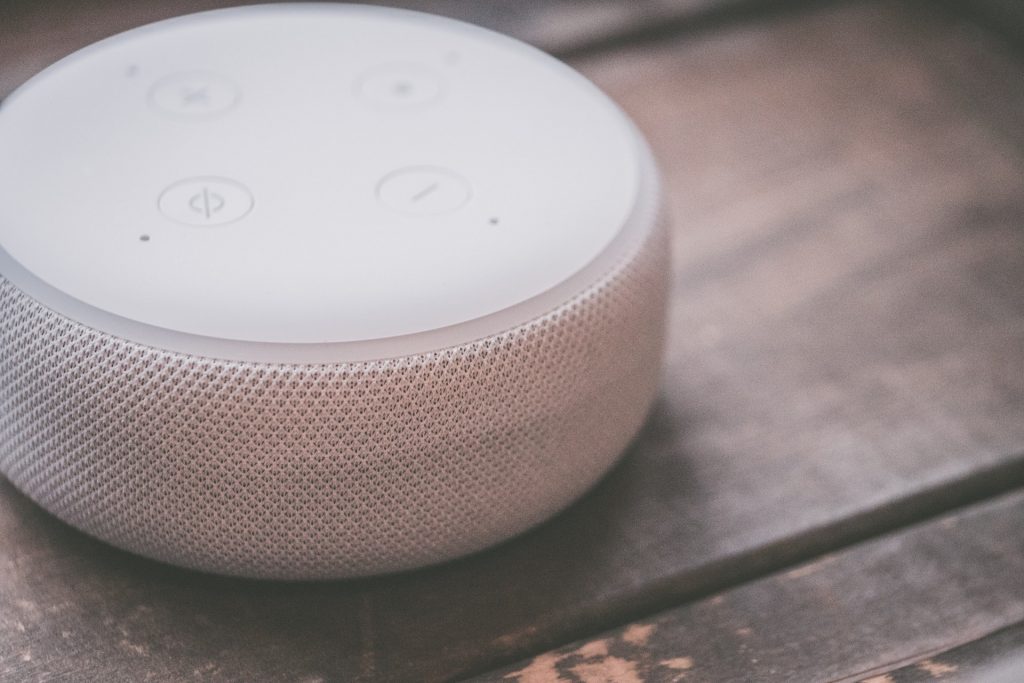“Alexa, Diagnose My Illness!”

Smart speakers like Alexa and Google Home have infiltrated American households, providing news, entertainment and above all else, convenience. Soon, these devices will do more than play trivia and adjust your thermostat – they’ll help you navigate many aspects of health care.
The Possibilities are VIRTUAL-ly Endless
Amazon and Google believe their popular virtual devices have the potential to help patients and doctors alike in many aspects of health care. Currently, they can help track blood glucose levels, identify symptoms, make appointments, provide post-surgical care instructions and monitor/track prescription deliveries. But they are capable of so much more. Someday, these devices might help doctors diagnose a variety of medical conditions ranging from mental illness and autism to concussions and Parkinson’s disease. They may even be able to detect heart attacks.
To make this virtual reality an actual reality, Amazon has entered into partnerships with a number of health care organizations, including Cigna and Omron Healthcare, to enable consumers and employees to use Alexa for health care purposes. This comes on the heels of a recent ruling allowing Alexa to use protected patient health information controlled by HIPAA. Prior to the new law, Alexa could only provide general answers to questions about medical conditions. With the ability to transmit private patient data, the device will soon be able to access individualized patient records, allowing health care organizations to develop services for use at home. With an estimated 100 million smart devices in use across the globe, the very ways in which consumers access health care information and treatment are poised to undergo a dramatic shift.
Because Alexa, for better or worse, listens to every sound in the general vicinity, developers are working on ways to enable it to recognize certain breathing patterns that are indicative of heart trouble. Early tests have an impressive accuracy rate of 97 percent. It’s hard to believe, but your Echo could be more valuable than an echocardiogram one day!
There are other ways in which these devices could help save your life. An Alexa-enabled camera could be used to send vital statistics to a patient’s doctor prior to their appointment and monitor their condition once they are back home. Virtual care from a distance is already in high demand by people who live in rural communities without easy access to health care. It’s entirely possible that Alexa could prompt them to receive the care they might otherwise be unwilling to commit to traveling great distances for.
Tech companies are salivating over the possibilities, as well. A wearable device similar to a Fitbit could be used to transmit information about falls. Isolated patients suffering from loneliness could learn to interactively engage with their smart device, reducing the risk of depression. And medical professionals whose work involves tediously entering information, at the expense of patient interaction, could let Alexa do the monotonous work instead, freeing them up for more personal interactions with patients.
Even those skeptical about AI (artificial intelligence) believe there are far more pros than cons in letting Alexa step into the health care arena.